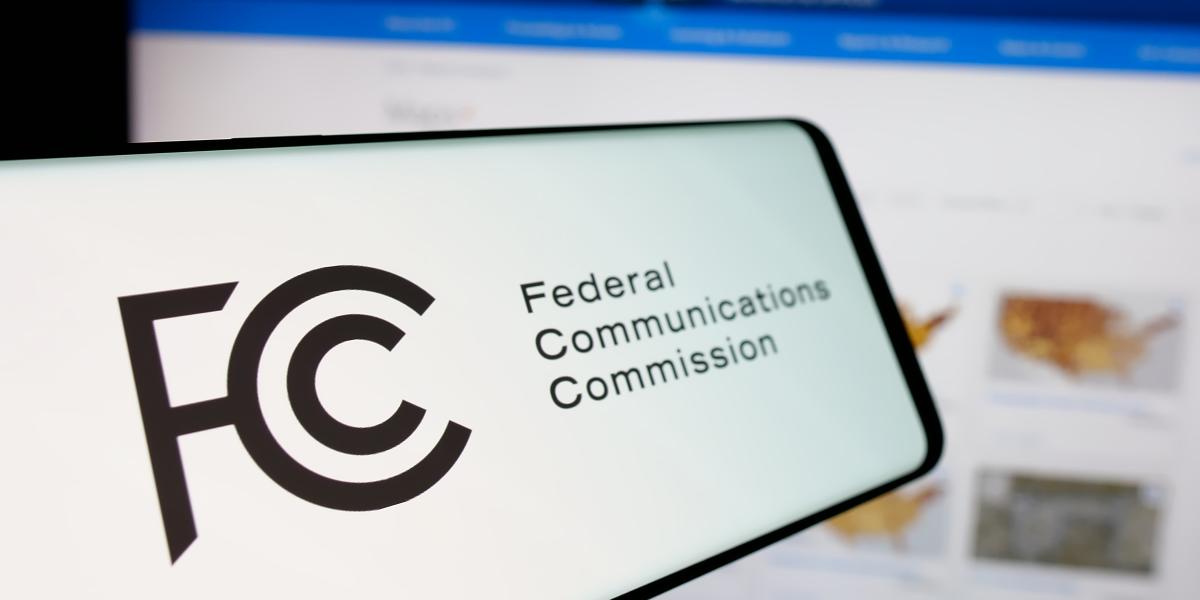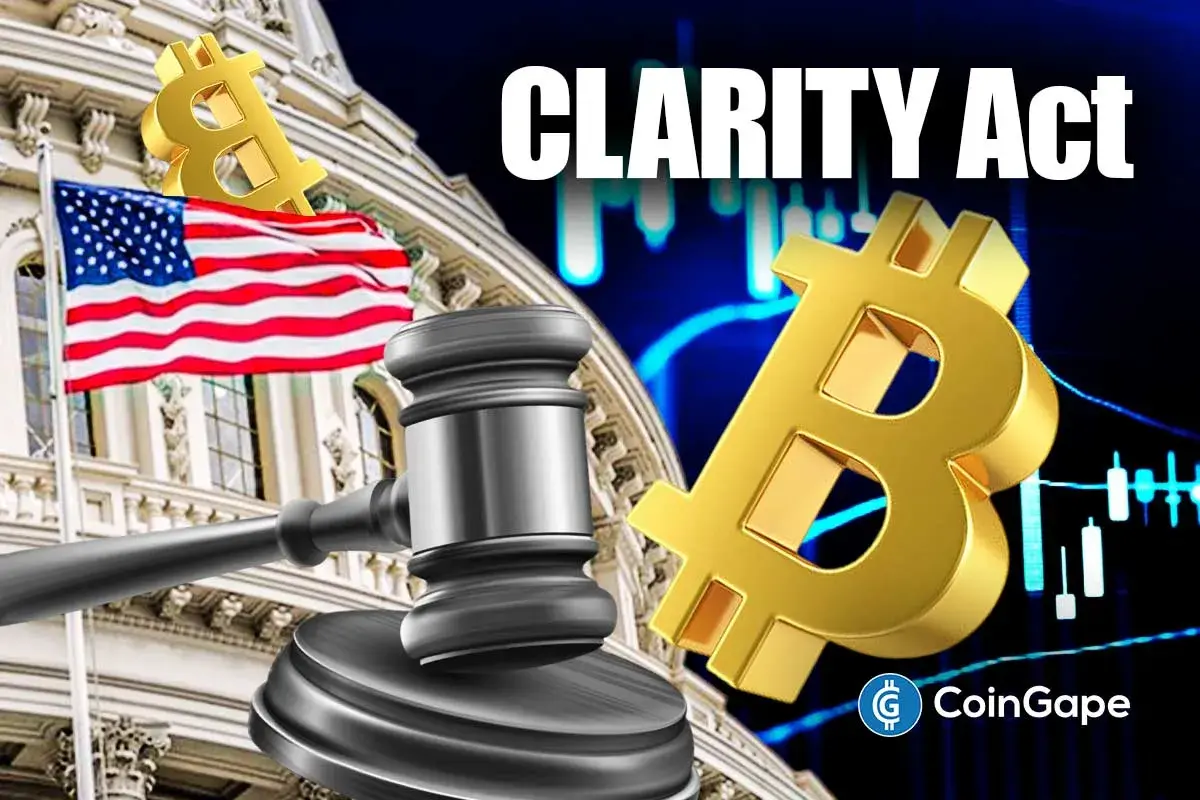The president was angry at the press, claiming that journalists were spreading “poisonous propaganda” about him. Using the Federal Communications Commission as a political weapon, he threatened the licenses of broadcast firms that employed people critical of him.
While Donald Trump likely is the first person to come to mind here, the opening sentences are not about him. They are, instead, about the spiritual standard bearer of the Democratic Party—Franklin Delano Roosevelt. Indeed, while president, FDR used the powers of his office to punish, bully, and intimidate print and broadcast journalists that dared to disagree with the New York patrician.
Roosevelt, unfortunately, did not simply engage in actions that violated the First Amendment to the Constitution, but he did so without shame, pushing the boundaries of what presidents could do when openly going against the letter and spirit of the law. For example, in historian David Beito’s The New Deal’s War on the Bill of Rights, he documents how FDR ran roughshod over the rights of Americans he believed were his opponents:
While most New Deal critics have focused on its economic policies or threats to property rights, Beito details how the Roosevelt administration used government power to subvert free speech, personal privacy, and other basic liberties. The book chronicles the extent of the administration’s overreach, which involved everything from shutting down newspapers to prosecuting New Deal opponents.
Beito illustrates how threats to property rights and civil rights in the New Deal could go together, especially for companies that wanted to broadcast over the air. Roosevelt told the newly created Federal Communications Commission to spike applications from radio stations hostile to the administration. They also discouraged anti-FDR broadcasts. In 1940, for example, the FCC blocked the purchase of a 15-minute segment by the antiwar America First Committee. Such efforts prompted companies to self-censor their content to avoid offending the administration. When an NBC commentator lightly attacked FDR on radio, an NBC vice president phoned the White House to say that the network would take him off the air.
And, like today, the American Civil Liberties Union decided that championing the Democratic Party was more important than standing with the organization’s alleged principles against government abuse of citizens:
Beito highlights the American Civil Liberties Union’s lamentable role in those and other abuses. The ACLU often acted less like champions of civil liberties than partisans for the Democratic Party. The group defended FDR’s radio crackdown, and its publicity director said that free speech shouldn’t apply over the airwaves. The group’s Massachusetts affiliate celebrated the prosecution of the magazine Social Justice for its anti-administration stance. Morris Ernst, a prominent ACLU attorney, even wrote to the president with a plan to examine FDR opponents’ tax returns. These examples are eye-opening for readers who might assume that the ACLU’s willingness to condone restrictions on free expression is a more recent development.
Roosevelt did not limit his predations to using federal agencies to harass perceived opponents; he also enlisted Sen. Hugo Black—a Democrat from Alabama who was both a staunch supporter of the New Deal and who owned a lifetime membership in the Ku Klux Klan. (Despite his association with the Klan, FDR placed Black on the US Supreme Court).
As chairman of the special Senate committee to investigate lobbying by electric power producers, Black showed no legal restraint in going after members of the press, using federal agencies such as the Internal Revenue Service to harass political opponents, despite Black’s training as an attorney and a stint as a judge:
The Treasury granted Black access to tax returns dating back to 1925 of such critics as David Lawrence of the United States News. Then he moved to obtain his targets’ private telegrams, demanding that telegraph companies let the committee search copies of all incoming and outgoing telegrams for the first nine months of 1935. When Western Union refused on privacy grounds, the FCC, at Black’s urging, ordered it to comply.
Unfortunately, FDR never paid a political price for his dismantling of the Constitution. Unlike Donald Trump—who at least is facing some condemnation from media quarters for his use of the FCC licensing process to bully broadcast media—Roosevelt is almost uniformly presented in the legacy media as a staunch civil libertarian. To make matters worse, some of FDR’s successors—perhaps encouraged by the lack of consequences for a Democratic president who violated the Constitution—also used the FCC to go after media firms they didn’t like and faced little Fourth Estate opposition.
FJK, LBJ, and the FCC: Shutting Down Opposing Voices
Other than FDR, no modern president has received more hagiographic press than John F. Kennedy. Part of that coverage has come because he was assassinated, but even when he was alive, he received overwhelmingly favorable treatment from the legacy media, and especially broadcasting news.
However, there was opposition on the right to many of his proposals and, like Roosevelt, Kennedy decided to use the FCC as a weapon against broadcasters that didn’t get with his program:
In the early 1960s, President Kennedy’s administration launched one of the most successful censorship campaigns in U.S. history. The subjects of Kennedy’s ire were conservative radio broadcasters, who constantly attacked the administration’s policy proposals. Worried about his reelection chances, Kennedy instructed the Internal Revenue Service (IRS) and the Federal Communications Commission (FCC) to target the offending broadcasters with tax audits and heightened regulatory scrutiny. Within a few years, this censorship campaign had driven conservative broadcasters off hundreds of radio stations; it would be more than a decade before the end of the Fairness Doctrine enabled the resurgence of political talk radio.
Broadcasters such as Carl McIntire, Billy James Hargis, and H.L. Hunt took to the airways to denounce US foreign policy as being too pro-Soviet Union and to resist the government’s desegregation plans and to call for an end to economic interventionism. The Kennedy camp believed they were a threat to his re-election and moved against them:
President Kennedy had good reason to be worried about the effects of the Radio Right on his reelection hopes for 1964. In 1960, he had won by only the narrowest of margins, and that was before conservative radio had reached its full potential. It was when Radio Right listeners turned off their radio dials that their political action started. As Myer Feldman, one of Kennedy’s close advisers, noted in a confidential memorandum to the president, conservative broadcasters had encouraged grassroots activists across the nation to “harass local school boards, local librarians, and local governing bodies.”
The Kennedy administration used the IRS and the FCC, implementing the Fairness Doctrine as a weapon against the broadcasters. After JFK was assassinated, Lyndon B. Johnson continued his predecessor’s policies against broadcast opposition using the same federal agencies. Johnson was able to win a landslide election victory in 1964, thanks in part to his anti-radio campaign, and other entities like the National Council of Churches and the AFL-CIO continued to demand that the government crack down on right-wing radio.
Their efforts were mostly successful, and it would not be until the 1980s and the ending of enforcing the Fairness Doctrine by the Ronald Reagan administration that right-leaning talk radio would make a comeback. Not surprisingly, Democrats opposed Reagan’s move, since doing away with these restrictions on broadcasters helped their political opposition.
Conclusion
Not surprisingly, Richard Nixon also declared war on the media, but was unsuccessful. Donald Trump wants to do the same, as we have seen with his moves against ABC and the Jimmy Kimmel show following the assassination of Charlie Kirk.
And, not surprisingly, Trump’s moves have faced opposition in many quarters and correctly so. However, as bad as his actions might be, we should remember their context and the history of using federal agencies to attack political enemies. Like it or not, Democrats tend to be more successful, as we have seen in this article, because their actions are more likely to receive favorable legacy media coverage, given that Democrats tend to dominate the leadership of the academic and media sectors.
This does not change the underlying problem, however, which is that federal taxing and regulatory agencies are not and never have been politically neutral. These agencies do not need “reform,” but rather should be abolished altogether.

























